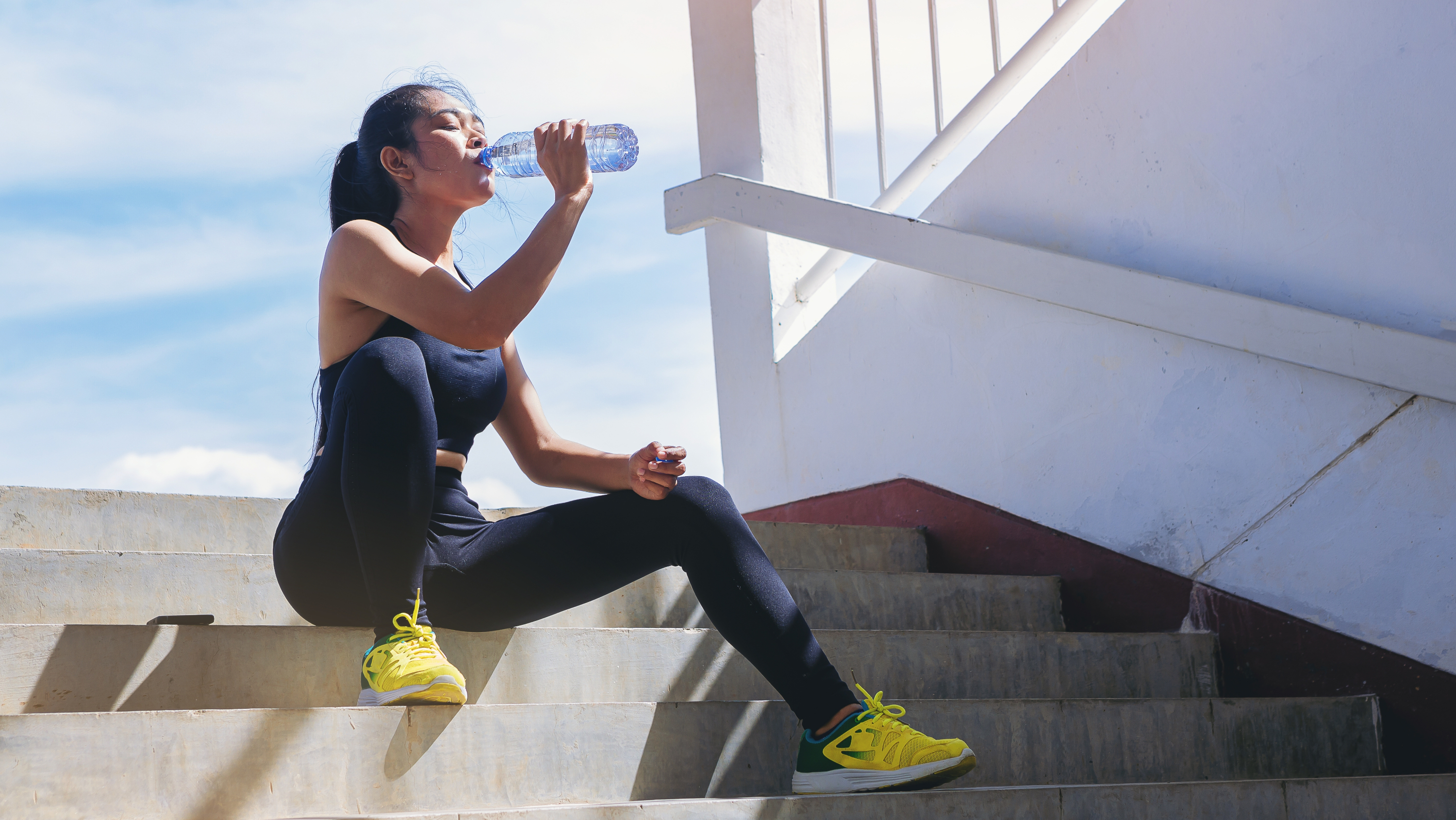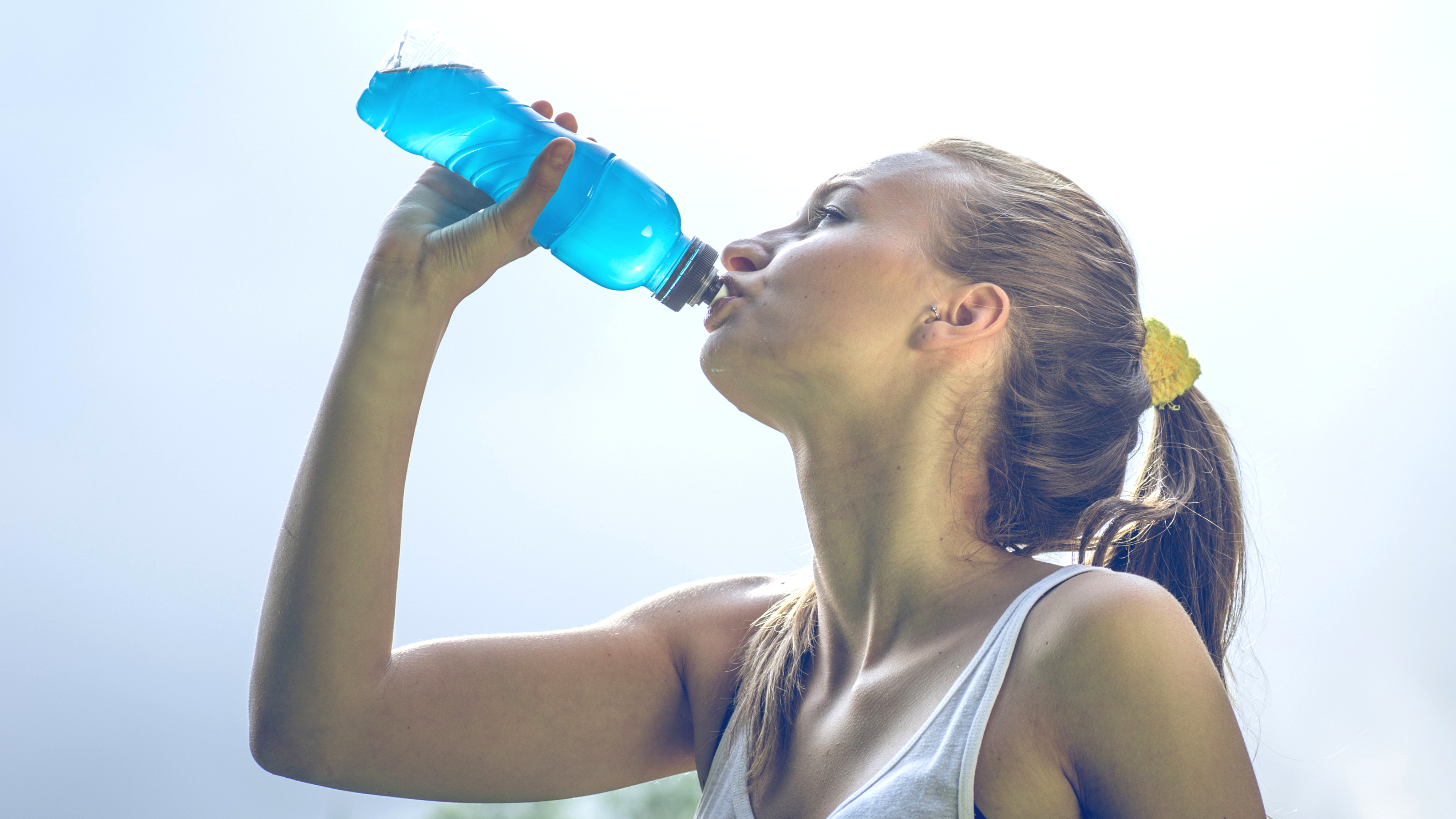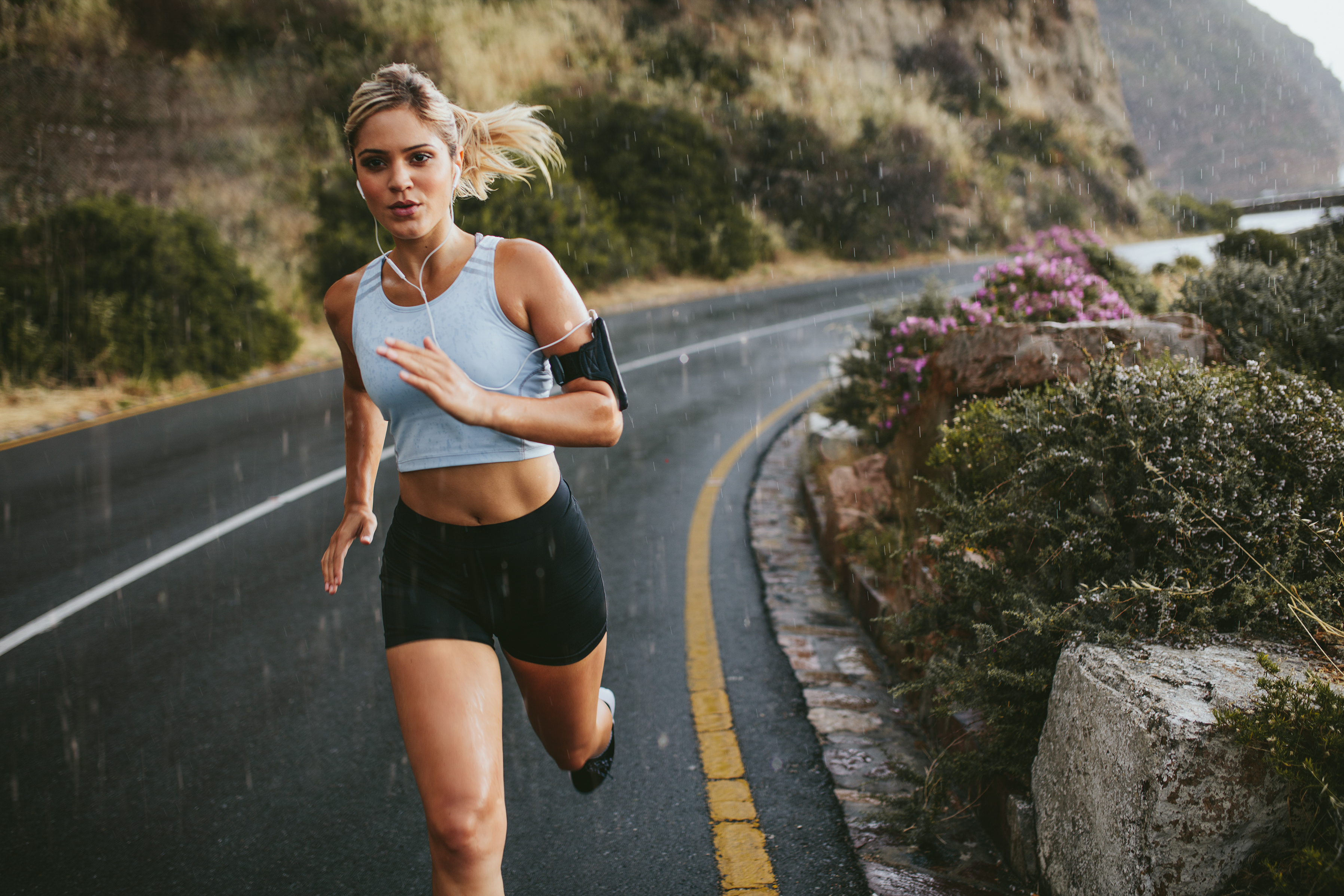
It wasn’t until I started training for a half marathon in a heatwave that I appreciated the value of maintaining healthy levels of hydration while running. It took a fair few sweaty and tiresome runs to realize just how much salt our bodies lose during exercise and how this impacts both exercise performance and — more importantly — our overall health. Enter electrolytes, important minerals in our body that play a crucial role in hydration and something we runners need to make sure we replenish.
Although I always bring at least one bottle of water with me on a long run packed into one of the best hydration backpacks, I never thought dropping an electrolyte concentrate into my water supplies would be a key part of my weekly running routine. Fast forward to a year of experimenting with different hydration strategies, and now I can’t imagine training without electrolytes.
What exactly are electrolytes?
Electrolytes — including sodium, potassium, magnesium, calcium, phosphate, and chloride — are essential minerals vital for maintaining bodily functions. While sodium, chloride, and potassium regulate fluid balance, magnesium and calcium support muscle function and energy metabolism.
During exercise, electrolytes are lost through sweat, emphasizing the importance of hydration before, during, and after physical activity. Athletes, in particular, can lose significant amounts of fluids and electrolytes, depending on various factors such as intensity, duration, body composition, clothing, and environmental conditions.
Here’s how training with electrolytes made me a better runner

Drinking electrolyte-infused water as soon as you wake up is a part of the famous Tom Brady Diet that is based around boosting energy levels and enhancing performance and recovery. However, I didn't do this to become Brady, I did this to level up my running game.
While I didn't drink electrolytes every single day like Brady, I have spent the past year experimenting with different electrolyte products and methods to see what impact it could have on my running performance. Here's what I found.
I paid more attention to my body
Running has always been a massive mental and physical outlet for me. More often than not, I just want to shove my best running shoes on, plug my earphones in and lose my thoughts on a run. However, the more I have gotten into running longer distances the more considerations I have to take before heading out on a run.
Making sure I am adequately fuelled and hydrated before a run and taking supplies to maintain these levels while on the run does take away an element of spontaneity away from running. But this is something I’m willing to sacrifice for the sake of getting more out of my runs, especially when I am training for a big event.
After I started regularly taking electrolytes in my water during and after long runs I noticed that I stopped experiencing muscle cramps and fatigue while running and I believe a key contributing factor in this was taking supplemented electrolytes that supported the function of my muscles. Research published in the Journal of Athletic Training suggests that consuming electrolytes before and during exercise, specifically in a hot environment, may prolong the onset of exercise associated muscle cramps (EAMC).
In the past, I’d struggle to complete longer distances, feeling my body was rejecting another mile. I'd wonder what was wrong with me questioning Had I not pushed hard enough in my interval sessions? Should I be doing more strength training? Did I eat enough beforehand? I ran over countless questions in my head like this without considering whether or not I was simply hydrating sufficiently. This leads onto my next revelation.
It became a pre-long run ritual for me
Fuelling and hydrating is essential for all runners but this looks different for everyone and will vary according to a multitude of things such as training intensity, training volume and the climate you typically train in.
Since there isn’t one size fits all approach to hydration as a runner, it can be tricky working out the right strategy for yourself. I am prone to getting stitches or more general stomach cramping while running. But I had a real break through in my marathon training when I started drinking electrolytes before heading out, as opposed to just during and after my run.
Admittedly, I first discovered this on the morning of a 16 mile training day when I’d had a few drinks the night before and I wasn't feeling too fresh or hydrated. I knew this was an important training run to tick off, so alongside my usual pre run bagel with peanut butter, I added a scoop of electrolyte powder to a large bottle of water and made sure to chug it all down a good two hours before heading out.
According to research published in the Clinics in Sports Medicine, we should aim to intake 400 to 600 mL of water two hours before exercise. This is to help compensate for any hydration "debt" that can accrue in the preceding hours and allows the kidneys time to regulate the water balance and concentration of solutes in the body ready for exercise.
I didn’t expect big things when I first tried drinking electrolytes before a run but I ended up feeling the best I had felt on a long run in a good while while. It’s now a ritual I’ve adopted before all long runs or when training in hotter temperatures.

Trying different electrolyte products paid off
You just have to walk into the toilets of a big running event to get a whiff of how common runner’s stomach is amongst runners. Many factors can trigger stomach cramps for runners but what you eat and drink before a run and how your gut reacts to it can play a big role in feeling pain or discomfort on a run. That's why you have to shop around when it comes to hydration.
I started off using an electrolyte concentrate, adding a few drops to the water I carry during a run and adding it to a glass of water I consume after the run. I struggled to get this down when added into water as it tasted like drinking mild sea water so I started adding some juice into the mix, but it just didn’t agree with my stomach.
I then experimented with some electrolyte powder supplements, trying different flavors, getting a feel for how my stomach felt during and after the run and going from there. For me personally, I have found the Smart Protein Electrolyte Hydration Powder to be the most reliable, and it's already flavored so I don't need to add any additional flavoring or juice to my fluids.
Training with electrolytes — verdict
Ultimately, training for longer distance race events and leaning on electrolyte supplements has been a learning curve for me. Not only have I established what products and consumption routine works best for me, but I have become more aware of my body’s needs during tough training blocks.
While electrolytes won't be the sole reason for getting a huge PB in a long distance event, I appreciate how this form of hydration compliments my training routine as a whole, which includes a solid training plan, good rest and recovery periods, and proper fueling from my diet.







